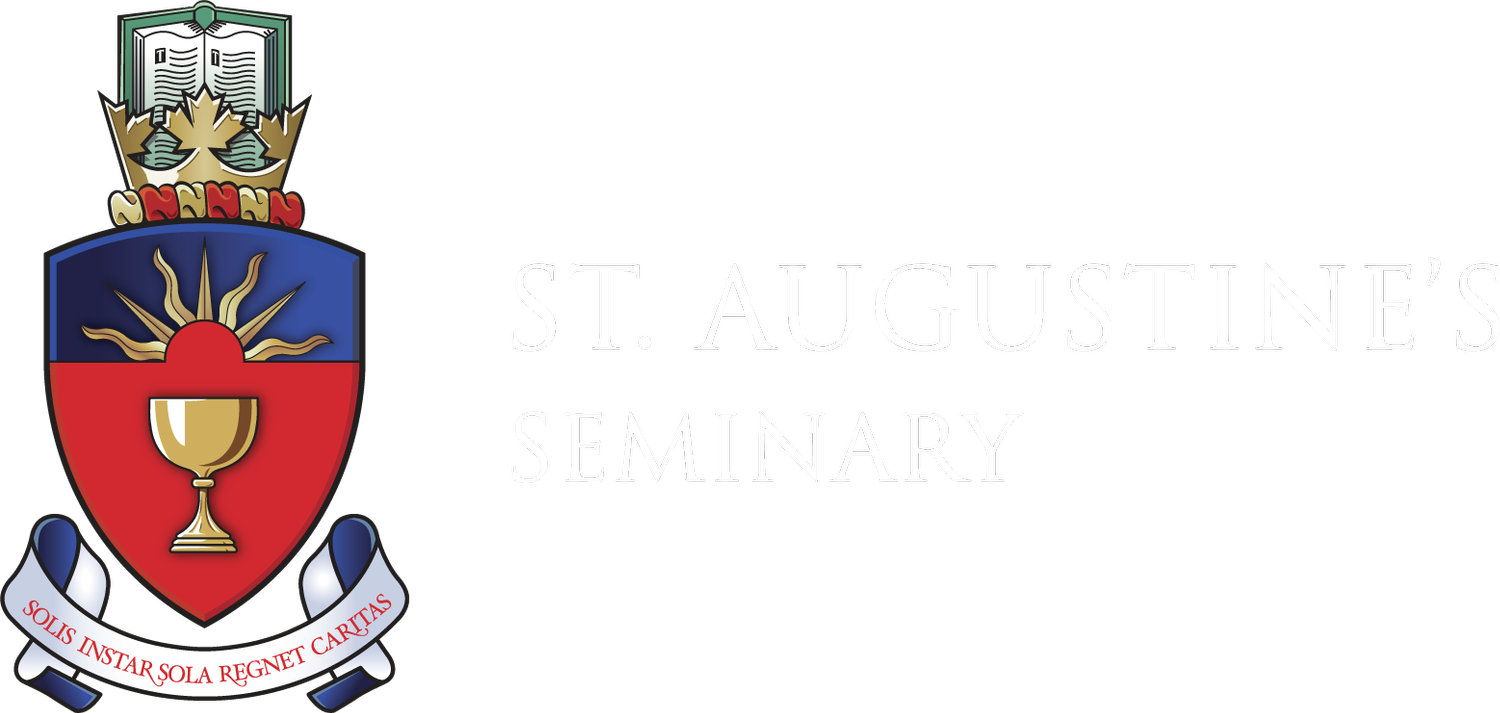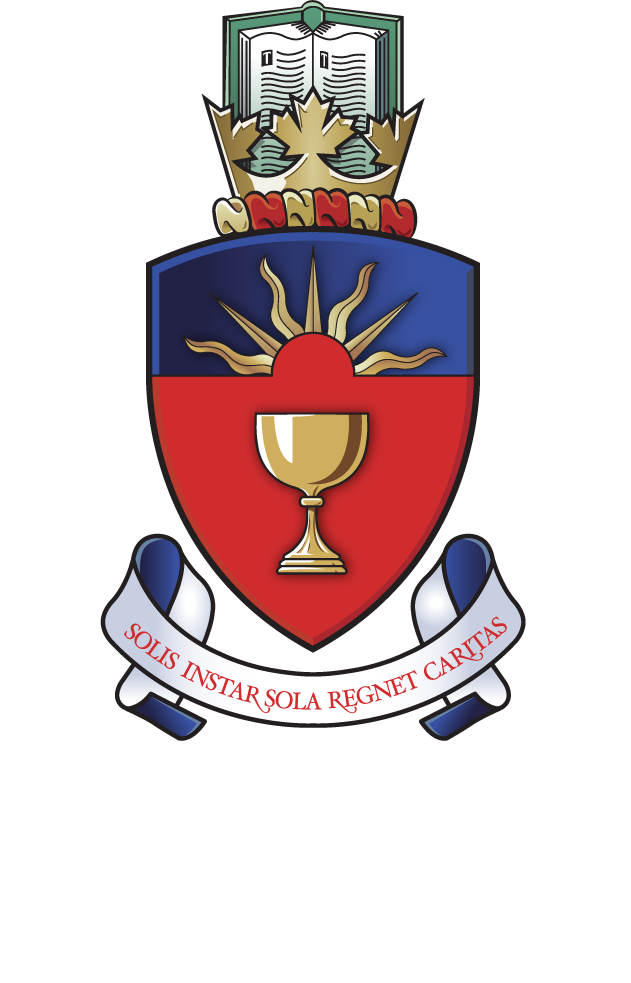Priestly Formation
OUR PASTORAL APPROACH
At St. Augustine’s Seminary, the formation of future priests is infused with a pastoral spirit. Conscious of the challenges of ministry today, St. Augustine’s seeks to form men of communion marked by goodness and purity of heart, empathy, and wisdom, able to “go out of themselves” with a closeness both to God and humanity.
In the midst of the incredible cultural diversity of Toronto, seminarians encounter a real-world diocesan setting and a formation program characterized by regular and supervised pastoral placements, one-on-one and communal accompaniment, a broad and rigorous academic life, and above all, a place where Jesus Christ, and friendship with him, can be encountered - in silence, in Word, Sacrament, and the communal and pastoral life of the house.
For a comprehensive introduction to the priestly formation program at St. Augustine's, please download our "Forming Priestly Hearts at St. Augustine's Seminary." In this document, you'll learn how the dimensions and stages of priestly formation are lived out here, faithful to the CCCB’s 2022 Program for Priestly Formation for English-Speaking Canada and the Pontifical S.T.B. curriculum requirements. We encourage you to get in touch with any questions you might have about the formation program at St. Augustine’s.
Admission
The candidate for the priestly formation program contacts his Vocation Director or Bishop of the diocese of sponsorship. A candidate will not be reviewed for admission by St. Augustine’s Seminary without being approved by a diocese. Those wishing to pursue their vocation through a religious order will only be admitted to the Seminary after being approved and sponsored by the Order. Each candidate will be evaluated by the Rector, Academic Dean, Human Formation Counsellor, and a member of the Formation Faculty before being admitted to the Seminary. All candidates will also be evaluated by a professional psychologist selected by the Seminary or by the local Ordinary. This assessment is among many instruments available to help discern the psychological and other factors that can strengthen or hinder a candidate’s vocation to the priesthood.
At all stages of formation, men are encouraged (especially in Spiritual Direction, meetings with their Formation Advisor and with their Human Formation Counselor), to discern their own suitability for priestly ministry in order to make a free and conscious decision regarding their readiness and suitability for Holy Orders.
"Our Rector, Fr. Edwin Gonsalves, would always say the Seminary is first and foremost a house of prayer. The faculty did everything they could to foster that in us – not just through the formation process, but through example. It came out in the way they themselves live their faith, witness their own faith. They were there in the Chapel praying with us every day. It was there in the way they taught us."
- Fr. Patrick Salah, Archdiocese of Halifax-Yarmouth
“Some of the most significant experiences of my priestly formation took place during the spiritual year. Even though I had already spent three years in formation, I had not yet fostered a sense of peace. My philosophy studies had allowed me to open up my mind to the beauty of the truth of our faith, but that understanding remained an intellectual fascination. I had not yet experienced the peace that comes from being enveloped by an experience of the love of God. I didn’t even know what I was lacking. My formation at St. Augustine’s helped me to foster a harmony between my academic, spiritual, and pastoral life, and to help others find that same harmony in their own lives.”
- Fr. Favin Alemao, Archdiocese of Toronto
“Looking back, I am amazed at how well the Seminary set a solid foundation that would prepare me for priestly ministry and the necessity for ongoing formation as a priest. I recall fondly how my first years of formation, the Propaedeutic (Spiritual) Year, and my philosophical studies, placed me on a path of renewed vigor in my studies and a deepened love for prayer. The theological studies and pastoral assignments that followed then had a fertile soil in which to take root and bear fruit! My years at St. Augustine’s Seminary formed me to become the priest that God is calling me to be: pursuing personal holiness, striving in wholehearted service to the Church, and pouring myself out for the People of God.”
- Fr. Michel Quenneville, Archdiocese of Kingston










